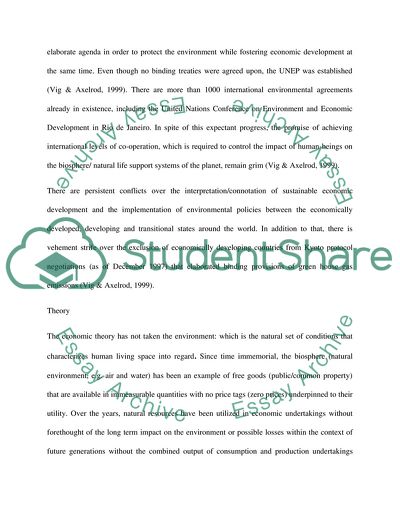Cite this document
(Affecting of the Environment on the Economic System Term Paper, n.d.)
Affecting of the Environment on the Economic System Term Paper. Retrieved from https://studentshare.org/macro-microeconomics/1783537-environmental-economics
Affecting of the Environment on the Economic System Term Paper. Retrieved from https://studentshare.org/macro-microeconomics/1783537-environmental-economics
(Affecting of the Environment on the Economic System Term Paper)
Affecting of the Environment on the Economic System Term Paper. https://studentshare.org/macro-microeconomics/1783537-environmental-economics.
Affecting of the Environment on the Economic System Term Paper. https://studentshare.org/macro-microeconomics/1783537-environmental-economics.
“Affecting of the Environment on the Economic System Term Paper”. https://studentshare.org/macro-microeconomics/1783537-environmental-economics.


